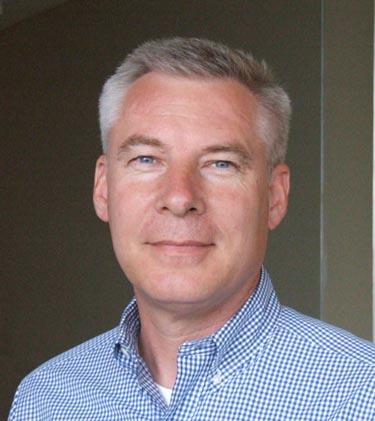
Lab Staff
Research Interests:
Dr. Mustelin has been a professor since 1999 and has published over 230 papers. During a 10-year sabbatical in the biotech industry, he served as Vice President and directed research and discovery of novel therapeutics; his teams delivered 24 candidate therapeutics into clinical trials, many of which are efficacious in phase 2 and 3 clinical trials in patients with serious immune-mediated diseases and hematopoietic malignancies. His current research is focused on elucidating the molecular underpinnings of rheumatoid arthritis (RA), systemic lupus erythematosus (SLE), ANCA-associated vasculitis (AAV), primary Sjögren’s syndrome (pSS), and other autoimmune conditions.
Neutrophils are important in the initiation and propagation of RA, in part because they mediate pathogenic citrullination of a multitude of proteins and cell types in the joint. We are exploring the mechanisms by which pathological citrullination occur in RA patients, the impact of citrullination of interesting proteins, and the regulation of the citrullinating enzymes PAD2 and PAD4.
Another interest is the hypothesis that long interspersed nuclear elements (LINE1) drive type I interferon production in SLE and related diseases by triggering specific nucleic acid sensors. We will verify that this pathway operates in SLE and pSS patients and will test if inhibition of the LINE1 reverse transcriptase will stop IFN production and be therapeutically beneficial for patients.
Continuing from the original discovery of the PTPN22 polymorphism by our lab in 2004, we plan to study how PTPN22 variants affect disease-relevant pathways and cell types in RA, SLE, and AAV. Finally, we will be looking for opportunities to discover and develop new therapeutics for RA, SLE, pSS, and AAV, based on novel insights into disease pathogenesis.

